 #2177 - Chris Robinson
#2177 - Chris Robinson
Digest
Chris Robinson, the lead singer of The Black Crowes, delves into his musical journey, tracing his influences from his father's folk music to the emergence of punk rock. He reflects on the changing landscape of counterculture, noting how rebellion has become more accessible and less visceral in the age of social media. Robinson emphasizes the importance of real-life experiences, contrasting the immersive nature of live music and travel with the superficiality of digital platforms. He shares anecdotes about encounters with musical legends like John Lee Hooker and Dr. J, highlighting the human side of his heroes. Robinson also discusses his creative process, emphasizing the importance of a dedicated muse and the need for a collaborative environment. He concludes by reflecting on the enduring power of live music and the importance of embracing the unexpected adventures that life offers. Robinson shares a humorous story about Rick Rubin suggesting the band change their name to the “Cobb County Crows,” a play on the KKK, and how he found the suggestion offensive. He also discusses the importance of staying true to one's artistic vision and avoiding outside input, especially in the age of social media. Robinson shares his thoughts on the lasting power of live music and the importance of embracing the unexpected adventures that life offers. He also reflects on the changing nature of counterculture and the importance of real-life experiences over digital ones. Robinson concludes by discussing the importance of staying true to one's artistic vision and avoiding outside input, especially in the age of social media. Robinson then talks about his love for Sicily, describing it as a place with a laid-back lifestyle and a different vibration. He also discusses the importance of staying true to one's artistic vision and the need for more rock music in the current music scene. Robinson believes that the music industry is too focused on commercial success and that there is a lack of maverick spirit in the current generation of musicians. He encourages young musicians to embrace their anger and to create music that is authentic and original.
Outlines

Joe Rogan and the Colombo Aesthetic
This Chapter begins with a discussion about Joe Rogan and the aesthetic of the TV show Colombo. The conversation focuses on the character's smoking habits and how he is often reprimanded for it. The chapter also explores the character's bumbling persona and how he actually sets people up the whole time.

The Evolution of Counterculture
This Chapter delves into Chris Robinson's musical influences, starting with his father's folk music and his own early exposure to counterculture through shows like Night Flight and New Wave Theater. He discusses the impact of punk rock and how it democratized music, allowing anyone to participate. Robinson reflects on the changing nature of rebellion, noting how it has become more accessible and less visceral in the age of social media.

The Importance of Real-Life Experiences
This Chapter explores Robinson's perspective on the importance of real-life experiences over digital ones. He contrasts the immersive nature of live music and travel with the superficiality of platforms like TikTok. Robinson shares his aversion to social media and his preference for face-to-face interactions and physical objects like vinyl records. He argues that real-life experiences provide a richer and more meaningful understanding of the world and human connection.

The Humbling Power of Nature
This Chapter delves into the humbling power of nature, particularly in the face of natural disasters like hurricanes and wildfires. Robinson shares his experiences with a tornado in Atlanta and the devastating wildfires in California. He reflects on how these events put life into perspective and remind us of the fragility of our existence. Robinson also discusses the importance of embracing the unexpected adventures that life offers, whether it's exploring different cultures or simply enjoying a good meal with friends.

Memorable Encounters with Legends
This Chapter recounts Chris Robinson's encounters with musical legends like George Jones and Chris Kristofferson. He shares his experience meeting George Jones at the Ryman Auditorium after Johnny Cash passed away, and how he was surprised by Jones's kindness and down-to-earth personality. Robinson also discusses a humorous encounter with Al Gore at the same event, highlighting the contrast between the reverence for musical legends and the political climate of the time.

The Evolution of Counterculture and Censorship
This Chapter delves into the evolution of counterculture and the impact of censorship on music and comedy. Robinson reflects on the controversy surrounding warning labels on albums in the 1980s and 1990s, particularly the use of parental advisory labels on rap music. He argues that the initial shock value of rock 'n' roll and rap music eventually faded, and that the focus shifted towards creating music that was more commercially viable. Robinson also discusses the impact of social media on the creative process, arguing that artists are now under more pressure to conform to societal expectations and avoid controversy.

The Legacy of Bill Hicks
This Chapter pays tribute to the late comedian Bill Hicks, who Robinson describes as a true artist and a pioneer of change comedy. He discusses Hicks's unique style and his ability to make people think as well as laugh. Robinson also reflects on the impact of Hicks's work on the comedy scene and how he challenged the status quo.

The Sitcom Trap
This Chapter explores the impact of sitcoms on the comedy scene, arguing that the pursuit of television fame can lead to self-censorship and a loss of artistic integrity. Robinson discusses how the promise of wealth and fame can tempt comedians to compromise their creative vision and conform to the expectations of network television. He also reflects on the changing landscape of comedy and the rise of social media, which has made it more difficult for comedians to maintain their authenticity and avoid the pressure to please a wider audience.

The Importance of Authenticity
This Chapter emphasizes the importance of authenticity in art and culture. Robinson argues that artists should create work that reflects their true selves and their perspectives on the world, rather than trying to please a wider audience or conform to societal expectations. He also discusses the dangers of social media and the pressure to create content that is designed to go viral, arguing that this can lead to a loss of authenticity and a disconnect between artists and their audiences.

The Cult of the Outsider
This Chapter explores the cultural significance of the outsider and the rebel. Robinson argues that society often celebrates those who conform to societal norms and expectations, while neglecting those who challenge the status quo. He also discusses the dangers of formulating a rebel persona for commercial gain, arguing that true rebellion comes from a place of authenticity and integrity.

The Enduring Power of Live Music
This Chapter celebrates the enduring power of live music and the importance of raw, unfiltered performances. Robinson contrasts the authenticity of live music with the reliance on technology and digital platforms in modern music. He also discusses the importance of staying true to one's artistic vision and avoiding outside input, especially in the age of social media.

The Illusion of Time
This Chapter explores the illusion of time and the importance of perspective. Robinson reflects on the vastness of history and the relative brevity of human lifespans. He also discusses the importance of embracing the unexpected adventures that life offers, whether it's exploring different cultures or simply enjoying a good meal with friends.

The Mysteries of Ancient Civilizations
This Chapter delves into the mysteries of ancient civilizations, particularly the use of psychedelics and the integration of the cosmos into architecture. Robinson discusses the significance of sites like Gobekli Tepe in Turkey and the Elysian mysteries in Greece, highlighting the importance of understanding the spiritual and cultural context of these ancient societies.

The Fall of Psychedelics and the Rise of Control
This Chapter explores the history of psychedelics and the government's efforts to control their use. Robinson discusses the role of psychedelics in ancient Greece and the subsequent suppression of their use by the Roman Empire. He also reflects on the government's crackdown on psychedelics in the 1960s and the impact of this on counterculture movements.

The Hypocrisy of Authority
This Chapter critiques the hypocrisy of authority, particularly in relation to the prohibition of cannabis. Robinson argues that the government's continued prohibition of cannabis is illogical and harmful, especially in light of the legalization of other substances and the growing body of evidence supporting the medicinal benefits of cannabis. He also discusses the dangers of allowing authority figures to dictate the consciousness of individuals.

The Roman Empire and the Control of the Masses
This Chapter explores the Roman Empire's methods of controlling the masses through violence and entertainment. Robinson discusses the use of gladiatorial games and other forms of entertainment to distract the population from social and political issues. He also reflects on the similarities between the Roman Empire's methods of control and the use of social media and other forms of entertainment in modern society.

The Enduring Legacy of Rome
This Chapter reflects on the enduring legacy of the Roman Empire and the importance of understanding its history. Robinson discusses the vastness of the Roman Empire and its impact on the world. He also reflects on the impermanence of power and the inevitability of change.

The Artistic Legacy of Italy
This Chapter explores the artistic legacy of Italy and the factors that have contributed to its cultural richness. Robinson discusses the importance of lifestyle and the environment in shaping artistic expression. He also shares his appreciation for the resilience and creativity of the Italian people, particularly in the aftermath of World War II.

The Aftermath of War
This Chapter explores the aftermath of war and the human cost of conflict. Robinson discusses the importance of understanding the human impact of war, beyond the drama and violence of battle. He also shares his appreciation for the resilience and creativity of the Italian people, particularly in the aftermath of World War II.

The European Perspective on History
This Chapter explores the European perspective on history and the impact of World War I and World War II on European culture. Robinson discusses the importance of understanding the human cost of these conflicts and the lasting impact they have had on European societies. He also reflects on the resilience and creativity of the European people, particularly in the face of adversity.

The Importance of Detail
This Chapter emphasizes the importance of detail and the interconnectedness of all things. Robinson discusses the importance of understanding the history and the process behind the creation of things, particularly in relation to winemaking. He also reflects on the destructive nature of occupation and the loss of cultural heritage that can result from it.

The Burning of the Library of Alexandria
This Chapter explores the historical significance of the Library of Alexandria and the devastating impact of its destruction. Robinson discusses the loss of knowledge and the importance of preserving cultural heritage. He also reflects on the role of religion in history and the potential for religious extremism to lead to violence and destruction.

The Mysteries of Ancient Egypt
This Chapter delves into the mysteries of ancient Egypt and the enduring fascination with its civilization. Robinson discusses the sophistication of ancient Egyptian technology and the enduring mystery surrounding the construction of the pyramids. He also reflects on the importance of understanding the spiritual and cultural context of ancient civilizations.

The Importance of the Mystic
This Chapter explores the importance of the mystic and the need to embrace the unknown. Robinson argues that the pursuit of pure rationality can lead to a reduction of human experience and a loss of wonder. He also discusses the importance of understanding the spiritual and cultural context of ancient civilizations.

The Integration of the Cosmos
This Chapter explores the integration of the cosmos into ancient cultures and the use of psychedelics in spiritual practices. Robinson discusses the significance of sites like Chichen Itza in Mexico and the importance of understanding the spiritual and cultural context of these ancient societies. He also reflects on the interconnectedness of all things and the importance of respecting the natural world.

The Poisoning of the Earth and Ourselves
This Chapter explores the dangers of environmental pollution and the impact of human activity on the planet. Robinson discusses the importance of respecting the natural world and the interconnectedness of all things. He also reflects on the need for a more sustainable and ethical approach to living.

The Foolishness of Consumerism
This Chapter critiques the excesses of consumerism and the pursuit of material possessions. Robinson discusses the absurdity of buying products that are designed to be disposable and the importance of finding meaning and purpose beyond material wealth. He also reflects on the need for a more mindful and sustainable approach to living.

The Culture of Health and Wellness
This Chapter explores the culture of health and wellness and the dangers of focusing solely on physical fitness. Robinson discusses the importance of mental health and the need for a more holistic approach to well-being. He also critiques the commercialization of health and wellness and the pressure to conform to societal expectations.

The Decline of Intellectual Discourse
This Chapter reflects on the decline of intellectual discourse and the rise of superficial entertainment. Robinson discusses the importance of engaging in meaningful conversations and exploring ideas beyond the confines of commercial media. He also highlights the importance of podcasts as a platform for intellectual exploration and free expression.

The Importance of Authenticity and Avoiding Outside Input
This Chapter emphasizes the importance of authenticity and avoiding outside input in the creative process. Robinson discusses the dangers of seeking validation from others and the importance of staying true to one's artistic vision. He also reflects on the importance of podcasts as a platform for intellectual exploration and free expression.

The Pursuit of Success and the Importance of Staying True
This Chapter explores the pursuit of success and the importance of staying true to one's artistic vision. Robinson discusses the dangers of seeking validation from others and the importance of staying true to one's artistic vision. He also reflects on the importance of podcasts as a platform for intellectual exploration and free expression.

The Importance of Being Yourself
This Chapter emphasizes the importance of being yourself and embracing your individuality. Robinson discusses the dangers of conforming to societal expectations and the importance of expressing your true self. He also reflects on the importance of podcasts as a platform for intellectual exploration and free expression.

The Coolness of Cat Williams
This Chapter celebrates the unique style and authenticity of comedian Cat Williams. Robinson discusses Williams's ability to be himself and his refusal to conform to societal expectations. He also reflects on the importance of embracing individuality and expressing your true self.

The Importance of Connection
This Chapter explores the importance of connection and the power of human interaction. Robinson discusses his experience meeting Cat Williams and how he was impressed by his genuine personality and his ability to connect with people. He also reflects on the importance of staying true to oneself and avoiding outside input.

The Importance of Authenticity and Staying True
This Chapter emphasizes the importance of authenticity and staying true to oneself. Robinson discusses the importance of staying true to oneself and avoiding outside input. He also reflects on the importance of podcasts as a platform for intellectual exploration and free expression.

The Enduring Power of Rock Stars
This Chapter celebrates the enduring power of rock stars and the importance of staying true to oneself. Robinson discusses the importance of staying true to oneself and avoiding outside input. He also reflects on the importance of podcasts as a platform for intellectual exploration and free expression.

The Power of Live Music
This Chapter celebrates the power of live music and the importance of experiencing music in a raw and unfiltered way. Robinson discusses the importance of staying true to oneself and avoiding outside input. He also reflects on the importance of podcasts as a platform for intellectual exploration and free expression.

The Importance of Staying True
This Chapter emphasizes the importance of staying true to oneself and avoiding outside input. Robinson discusses the importance of staying true to oneself and avoiding outside input. He also reflects on the importance of podcasts as a platform for intellectual exploration and free expression.

The Allure of Sicily
This Chapter explores Chris Robinson's love for Sicily, describing it as a place with a laid-back lifestyle and a different vibration. He also discusses the importance of staying true to one's artistic vision and the need for more rock music in the current music scene. Robinson believes that the music industry is too focused on commercial success and that there is a lack of maverick spirit in the current generation of musicians. He encourages young musicians to embrace their anger and to create music that is authentic and original.
Keywords
The Black Crowes
The Black Crowes is an American rock band formed in Atlanta, Georgia in 1989. Known for their blues-rock sound and energetic live performances, the band achieved mainstream success in the 1990s with albums like "Shake Your Money Maker" and "Southern Harmony and Musical Companion." The band's music is characterized by a blend of classic rock influences, including the Rolling Stones, Led Zeppelin, and The Faces.
Counterculture
Counterculture refers to a cultural movement that challenges the dominant values, beliefs, and practices of a society. It often arises in response to perceived social injustices, political oppression, or cultural conformity. Counterculture movements have historically been associated with youth rebellion, artistic expression, and alternative lifestyles. Examples include the Beat Generation, the hippie movement, and punk rock.
TikTok
TikTok is a social media platform that allows users to create and share short videos. It has become incredibly popular, particularly among younger generations, for its addictive nature and its ability to quickly spread viral content. TikTok is known for its diverse range of content, including dance challenges, comedy skits, educational videos, and music performances. The platform's algorithm is designed to personalize content based on user preferences, making it highly engaging and potentially addictive.
Live Music
Live music refers to musical performances that are experienced in real time, typically in a concert setting. It is often considered a more immersive and engaging experience than listening to recorded music. Live music performances can range from intimate solo acts to large-scale festivals, and they offer a unique opportunity for audience interaction and connection with the artist.
Muse
In art and literature, a muse is a source of inspiration, typically a figure or concept that inspires creative work. The term is often associated with the Greek goddesses who were believed to inspire artists, poets, and musicians. The muse is often depicted as a female figure who embodies beauty, wisdom, and creativity. The concept of the muse is a powerful metaphor for the creative process, suggesting that inspiration can come from unexpected sources and that it is essential for artists to cultivate a connection with their muse.
John Lee Hooker
John Lee Hooker (1917-2001) was an American blues musician who is considered one of the most influential figures in the genre. Known for his distinctive slide guitar style and his hypnotic vocals, Hooker's music blended elements of country, gospel, and rhythm and blues. He achieved international recognition in the 1960s and 1970s, collaborating with artists like Van Morrison, The Rolling Stones, and Carlos Santana. Hooker's music continues to inspire musicians and fans around the world.
Dr. J
Dr. J, also known as Julius Erving (born 1950), is a retired American professional basketball player who is considered one of the greatest players of all time. He played for the Philadelphia 76ers and the New York Nets, winning four NBA championships and three NBA MVP awards. Dr. J was known for his spectacular aerial acrobatics, his smooth jump shot, and his charismatic personality. He is a member of the Naismith Memorial Basketball Hall of Fame and is widely regarded as one of the most influential players in the history of the game.
Rick Rubin
Rick Rubin is an American record producer, songwriter, and musician. He is known for his work with a wide range of artists, including the Beastie Boys, Red Hot Chili Peppers, Johnny Cash, and Adele. Rubin is credited with helping to define the sound of alternative rock and hip hop in the 1980s and 1990s. He is also known for his unconventional approach to production, which often involves stripping away unnecessary elements and focusing on the core essence of the music.
Bill Hicks
Bill Hicks (1961-1994) was an American stand-up comedian known for his dark, satirical, and often controversial humor. Hicks's comedy addressed a wide range of topics, including religion, politics, social issues, and the media. He was known for his sharp wit, his willingness to challenge the status quo, and his passionate defense of free speech. Hicks's work continues to be celebrated for its originality, its intellectual depth, and its enduring impact on the comedy scene.
Sicily
Sicily is the largest island in the Mediterranean Sea and an autonomous region of Italy. Known for its rich history, diverse culture, and stunning landscapes, Sicily has been a crossroads of civilizations for centuries. The island is home to ancient Greek temples, Roman ruins, Norman cathedrals, and Baroque architecture. Sicily is also renowned for its cuisine, which features fresh seafood, flavorful pasta dishes, and sweet pastries. The island's unique blend of influences has created a vibrant and captivating culture that continues to attract visitors from around the world.
Q&A
What are some of Chris Robinson's musical influences?
Chris Robinson's musical influences include his father's folk music, punk rock, and classic rock bands like The Rolling Stones and Led Zeppelin. He was also heavily influenced by the blues, particularly the music of John Lee Hooker.
How has the nature of counterculture changed in the digital age?
Robinson believes that counterculture has become more accessible and less visceral in the digital age. He argues that social media has made it easier for people to express their dissent, but it has also made rebellion less meaningful and less impactful. He contrasts this with the more authentic and raw forms of rebellion that existed in the past, such as the punk rock movement.
Why does Chris Robinson value real-life experiences over digital ones?
Robinson believes that real-life experiences provide a richer and more meaningful understanding of the world and human connection. He contrasts the immersive nature of live music and travel with the superficiality of platforms like TikTok. He argues that digital platforms can be addictive and distracting, and they often fail to capture the depth and complexity of real-life interactions.
What is Chris Robinson's creative process like?
Robinson believes in the power of a dedicated muse, which he considers a female presence. He also emphasizes the importance of a collaborative environment, where everyone involved in the creative process contributes to the final product. He sees the creative process as a holistic experience, encompassing not just the music but also the visual elements, the stage design, and the overall atmosphere.
What are some of Chris Robinson's most memorable encounters with musical legends?
Robinson has had memorable encounters with several musical legends, including John Lee Hooker, Dr. J, and Chuck Berry. He describes these encounters as humbling experiences, where he realized that his heroes were just ordinary people with extraordinary talents. He also shares a humorous anecdote about smoking a joint with director Robert Altman at a party.
What is Chris Robinson's perspective on the future of music?
Robinson is optimistic about the future of music, but he is also concerned about the increasing influence of algorithms and the pressure to create music that is designed to go viral. He believes that there will always be a place for authentic and original music, but it may become more difficult to find and appreciate in a world dominated by digital platforms.
What is Chris Robinson's advice for aspiring musicians?
Robinson encourages aspiring musicians to embrace the unexpected adventures that life offers, to seek out real-life experiences, and to cultivate a connection with their muse. He also emphasizes the importance of collaboration and the need to stay true to their artistic vision, even when faced with pressure to conform.
What is Chris Robinson's perspective on the role of social media in the creative process?
Robinson believes that social media can be a double-edged sword for artists. While it can provide a platform for reaching a wider audience, it can also create pressure to conform to societal expectations and avoid controversy. He encourages artists to stay true to their vision and avoid seeking validation from others.
What is Chris Robinson's perspective on the importance of live music?
Robinson believes that live music is a powerful and transformative experience that cannot be replicated by digital platforms. He values the raw energy and authenticity of live performances and encourages artists to prioritize live shows over relying solely on technology.
What is Chris Robinson's perspective on the importance of authenticity in art and culture?
Robinson believes that authenticity is essential for artists and that they should create work that reflects their true selves and their perspectives on the world. He encourages artists to avoid seeking validation from others and to stay true to their vision, even when faced with pressure to conform.
Show Notes
Chris Robinson is the lead singer and co-founder of the rock band The Black Crowes. The bands critically acclaimed and first new album in 15 years "Happiness Bastards” is out now.
Learn more about your ad choices. Visit podcastchoices.com/adchoices



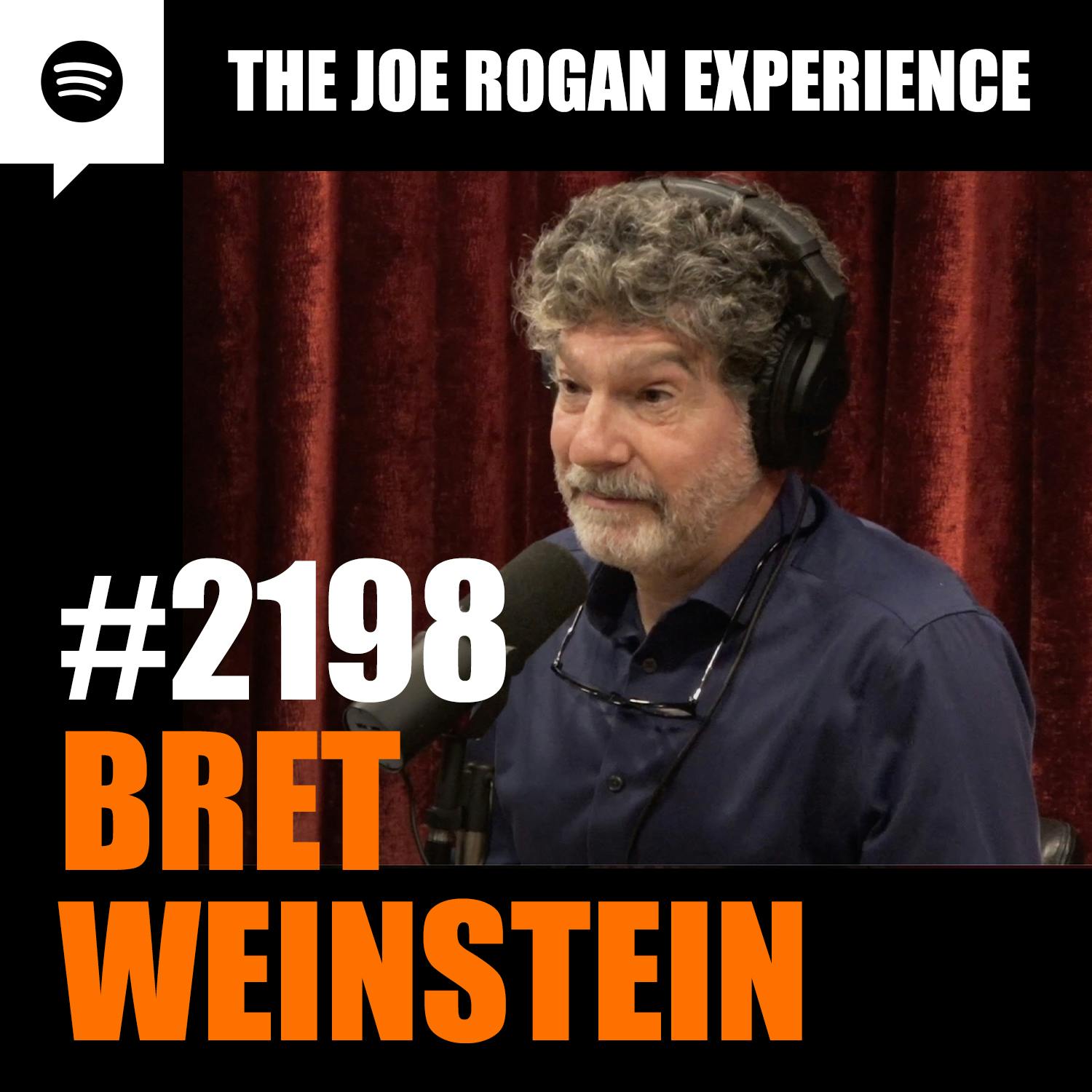
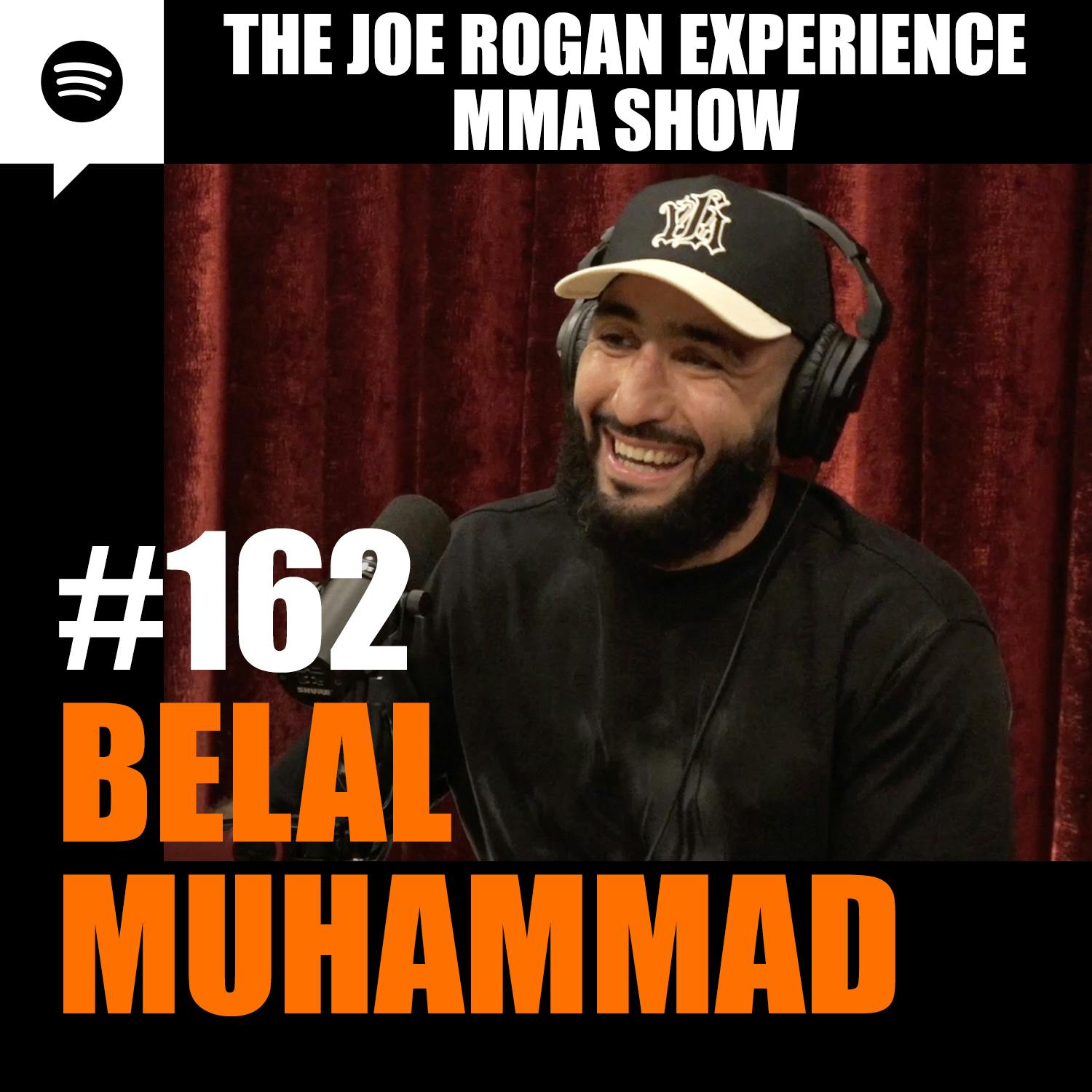

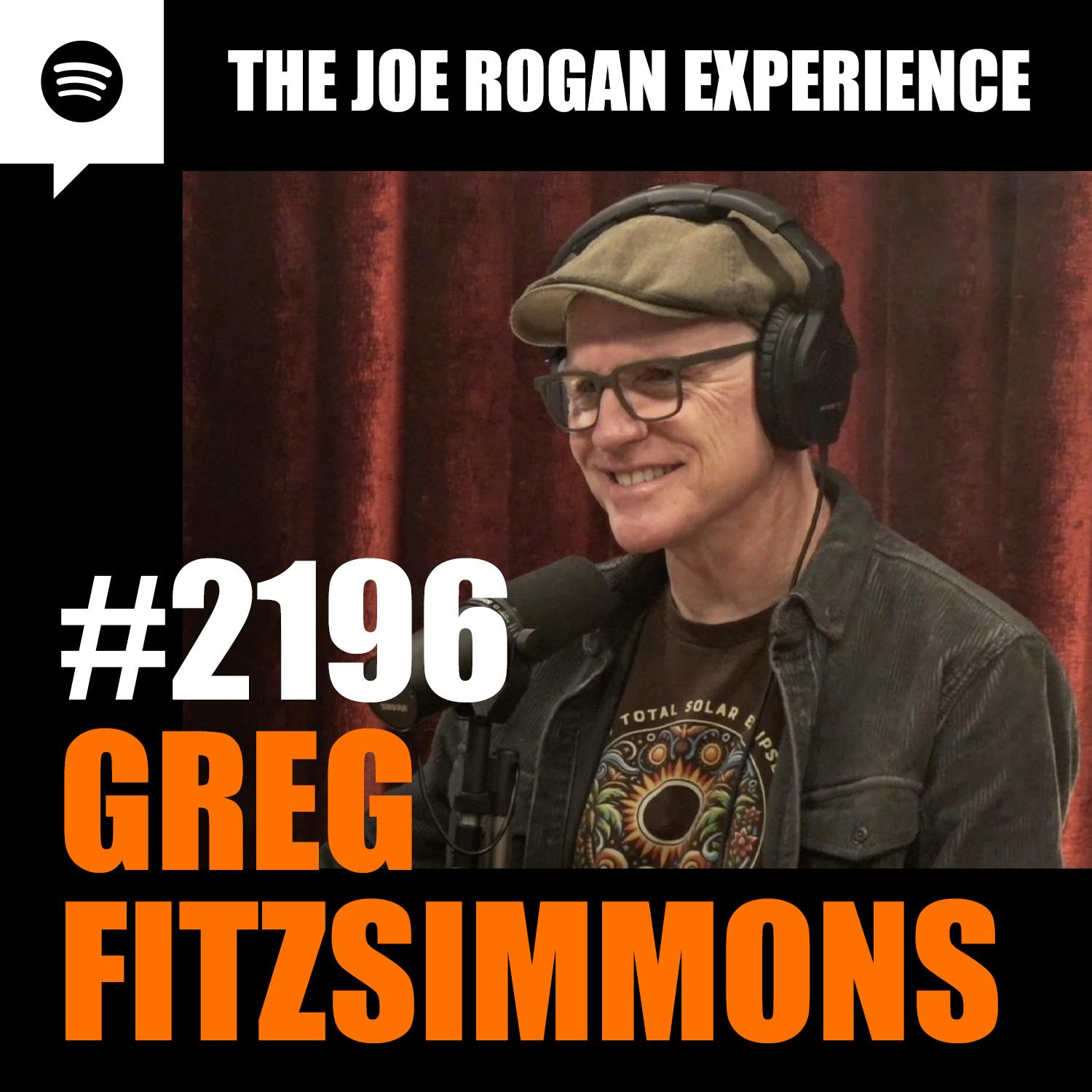





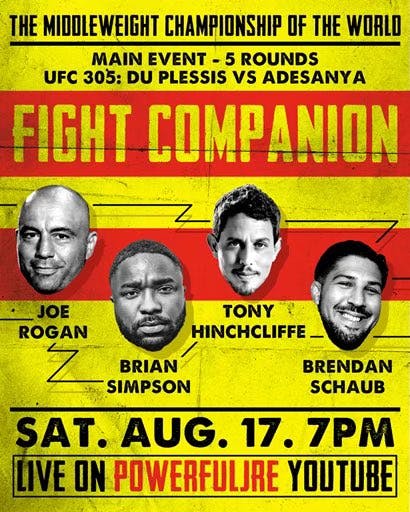


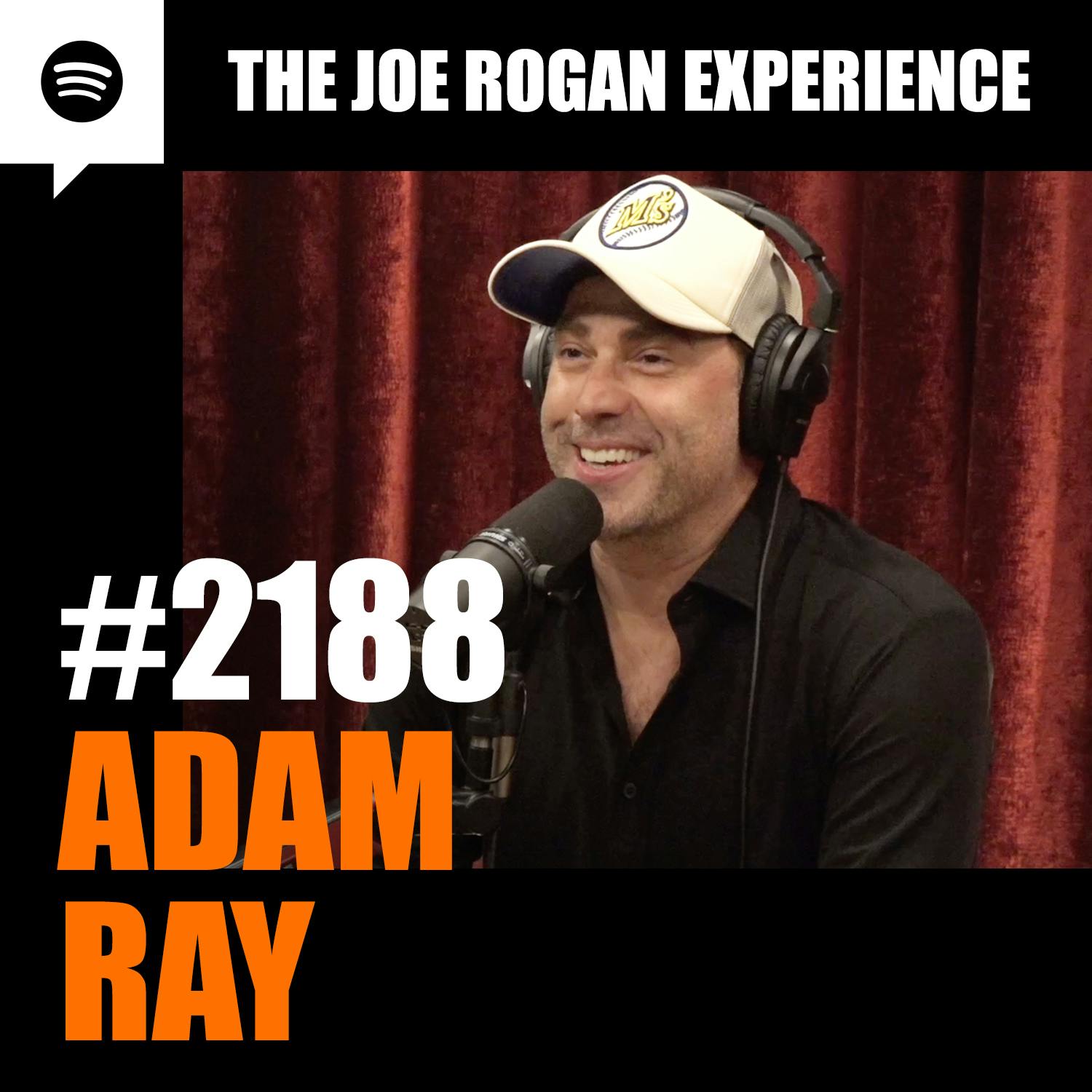










this guy is an LA d bag